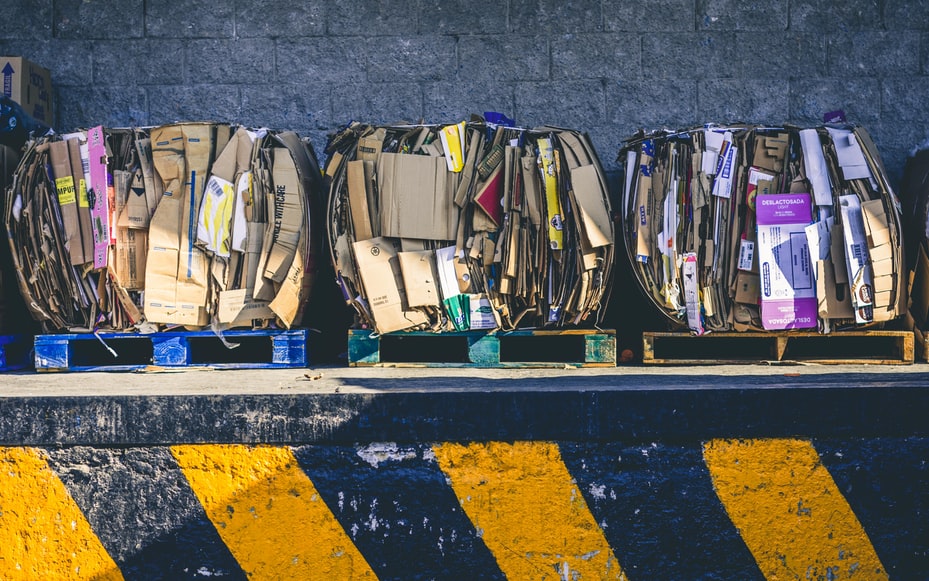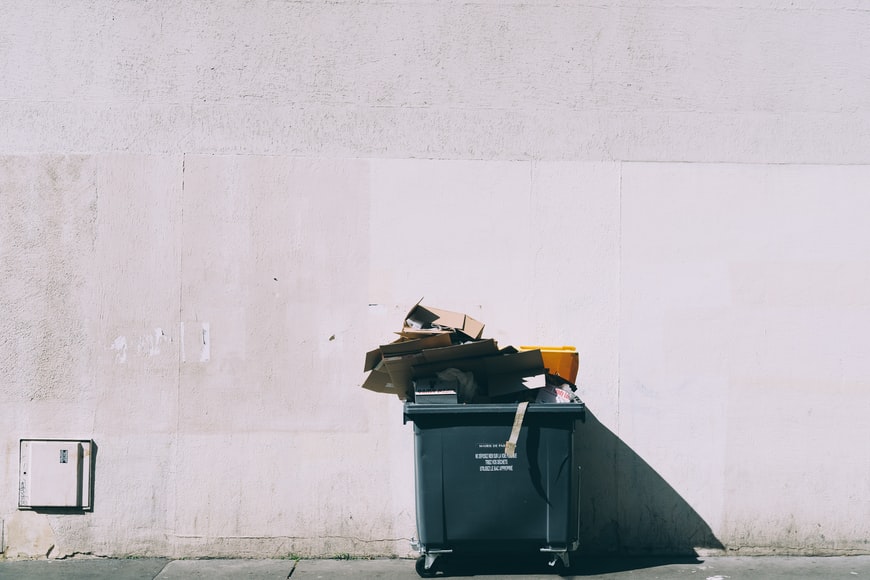What Everyone Needs To Know About Recycling
Nearly a hundred thousand pounds of garbage is generated by your sheer existence over your lifetime. This has an impact on the environmental issues like landfills and energy conservation as well as pollution and resource depletion. To keep your home environmentally friendly, recycling is a technique you can incorporate into your daily routine. We’ve compiled a list of nine pointers to get you started.
To Begin Slowly
Once you’ve decided to recycle, you don’t have to throw yourself into it wholeheartedly. Putting too much strain on oneself to go green might cause tension and unhappiness as during learning process. Don’t be afraid to take baby steps in the beginning. Before going on to the next phase, learn about one part of the process then practise it, making this a habit about you and your family members. Your are more liable to make recycling a permanent part of your routine if you start small.
Reduce And Reuse
Reduce the amount of resources you use and reuse goods instead of throwing them away, even if it doesn’t seem like a part of recycling. Reducing the number of items that need to be disposed of in your recycling bins can help ensure the success of the situation.
Know What Can Be Recycled Curbside
It’s easy to overlook recyclables or to become perplexed about where to put what. If you have any questions about your individual programme, you should contact your service provider. However, below are some general recommendations.
Cardboard And Paper
Books, fliers, magazines, junk mail, or colourful paper are all acceptable forms of paper. Papers that are waxy should be avoided. Pizza boxes and other food-saturated cardboard can be composted, but not for recycling. Empty cereal boxes and other food containers of their liners before recycling them.

Plastic
One to seven are generally approved for recycling, and most plastics have their numbers printed on them. Due to the poor quality of the polymers used, many disposable utensils can’t be included. The plastic should not be recycled if you can readily crumple it, such as using a baggie. However, your grocery store may be able to collect your plastic bags.
Aluminum
All aluminium cans can be recycled, regardless of their condition. Soda and juice should be thoroughly rinsed to avoid bringing bugs into the area. The cans can be crushed if you are short on space.
Glass
Almost all glass containers can indeed be reused. Before disposing of them, make sure they’ve been thoroughly rinsed to avoid breaking them. Recycling broken glass is impossible due to the risk of cross-contamination caused by the mixing of various coloured batches.
Every Room Needs A Bin
If you ask that majority of recycling households, “in the kitchen,” where their bins are, you’re likely to get the same answer: As a result, things that could have been recycled end up in landfills since other rooms aren’t given attention.
Leftover product boxes, pill bottles, as well as other packaging can all be collected in a bucket placed in the bathroom for easy disposal later. You can gather printer paper, jars, old files, pamphlets, or fliers in your office or craft room. To-do lists, product packages, and magazines are all commonplace in the bedroom.
Make sure you don’t forget about the garage, where you’ll find objects like jars as well as those that travel that you’re out of the automobile, including cans and glass bottles.
Recycling Old Electronics And Appliances
The landfills are overflowing with old computers, cell phones, televisions, printers, than because of the vast amount of technology in the globe today. Consult your state electronics store to check if they have a recycling programme for your old gadgets. Alternatively, you can throw them away.
In many cases, you can get a shop credit or referral to a company that can help you return particular things to the retailer. Products that may be refurbished or repurposed as parts are often accepted by the manufacturer.
The simple act of throwing out many obsolete appliances could be hazardous. Appliances made before 1995 may contain a particularly hazardous form of insulation (CFC-11) and should be avoided at all costs. A Responsible Appliances Disposal (RAD) programme was developed by the EPA to assist you in safely discarding these appliances. This page on its website lists all of the RAD partners in each state.
Recycle Water
Look for ways to reuse and recycle your spent water before it goes down the toilet. There are a variety of ways to use greywater, from putting pasta cooking water into a flowerbed straight from the pot to modifying your plumbing.
Greywater seems to be the water that has been utilised for a specific function, like bathing, cleaning dishes, or washing clothing, in your home.. By reusing this water to water your grass, you can reduce the amount of water you use.
Recycle Food
There are several ways to recycle food, but composting is one of the most prevalent. A major source in methane emissions comes from landfills, where organic matter is overflowing.
It is estimated that 20 pounds of food is thrown away per person each month, making organic waste the second-largest component detected in landfills.
Do-it-yourself bins and pre-made containers for indoor and outdoor use are both viable options for composting at home. If you have a lot of food waste, you may want to check your your city and see whether they offer curbside pickup for organic trash. Plant-based, dairy-based, and meat-based products are all often accepted by commercial composting operations. Consider using only plant-based materials when composting in it or near your house in order to limit the scent and prevent animals from visiting.
Purchase Recycled Materials
In order to reduce their carbon footprint, it becomes sensible to apply the same recycling strategies to your new purchases.
Voting with one’s wallet is a powerful way to show corporations that you care about environmentally friendly products and practises by purchasing recycled goods. It’s also possible that objects manufactured from recycled materials can be recycled again after you’ve used them.
Rinse And Repeat
Items and containers should always be rinsed prior to being placed in your recycling bin. This will not only keep your recycling bin odor-free and pest-free, but it will also prevent any rats or pests from scurrying around.
Get a handle on recycling by following these guidelines and integrating it into your daily routine. This will help you become a lifelong environmentalist.




